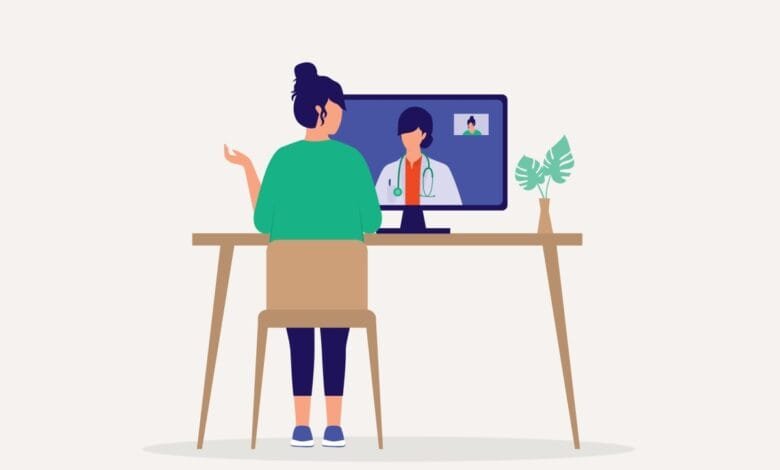Chatbots Fail to Deliver Reliable Health Advice, Study Shows

▼ Summary
– About 1 in 6 American adults use AI chatbots like ChatGPT for health advice monthly, driven by long healthcare wait times and rising costs.
– A recent Oxford-led study found that people using chatbots for medical self-diagnosis did not make better decisions than those using traditional methods like online searches.
– Participants in the study often omitted key details when querying chatbots and received responses that mixed good and poor recommendations, leading to misinterpretations.
– Major tech companies like Apple, Amazon, and Microsoft are developing AI tools for health applications, but professionals and patients remain skeptical about their readiness for high-risk use.
– Experts warn against relying on chatbots for medical diagnoses, recommending trusted sources instead, and suggest real-world testing for AI systems before deployment.
AI chatbots are increasingly being used for medical advice, but new research suggests they may do more harm than good when it comes to accurate health assessments. A recent Oxford study reveals these tools often provide unreliable recommendations, potentially leading users to underestimate serious conditions or miss critical symptoms altogether.
The study involved over 1,300 participants in the UK who were given medical scenarios to evaluate using popular AI models, including GPT-4o, Command R+, and Llama 3. Instead of improving decision-making, the chatbots made users less likely to correctly identify health issues and more prone to downplaying their severity. Researchers noted a troubling pattern—people frequently left out important details when consulting the AI or received responses that mixed accurate advice with misleading suggestions.
Adam Mahdi, co-author of the study, emphasized that current chatbot evaluations fail to account for real-world complexities in healthcare interactions. “Participants didn’t make better choices with AI than they did using standard online searches or personal judgment,” he explained. The findings highlight a dangerous gap between how these tools are tested and how they perform when users rely on them for critical health decisions.
Despite these concerns, major tech companies continue investing heavily in AI-driven healthcare solutions. Apple, Amazon, and Microsoft are all developing tools aimed at everything from fitness coaching to analyzing medical records. Yet industry leaders, including OpenAI, caution against using chatbots for diagnoses, and the American Medical Association explicitly advises doctors against incorporating them into clinical decisions.
Mahdi stresses the need for rigorous real-world testing before AI is widely adopted in healthcare. “Just like new medications undergo clinical trials, these systems need thorough evaluation to ensure they’re safe and effective,” he said. For now, experts recommend sticking with trusted medical sources rather than relying on unverified AI responses for health concerns.
The study serves as a critical reminder that while AI holds promise, its limitations in high-stakes fields like medicine could have serious consequences. Until these tools demonstrate consistent reliability, human expertise remains irreplaceable.
(Source: TechCrunch)






